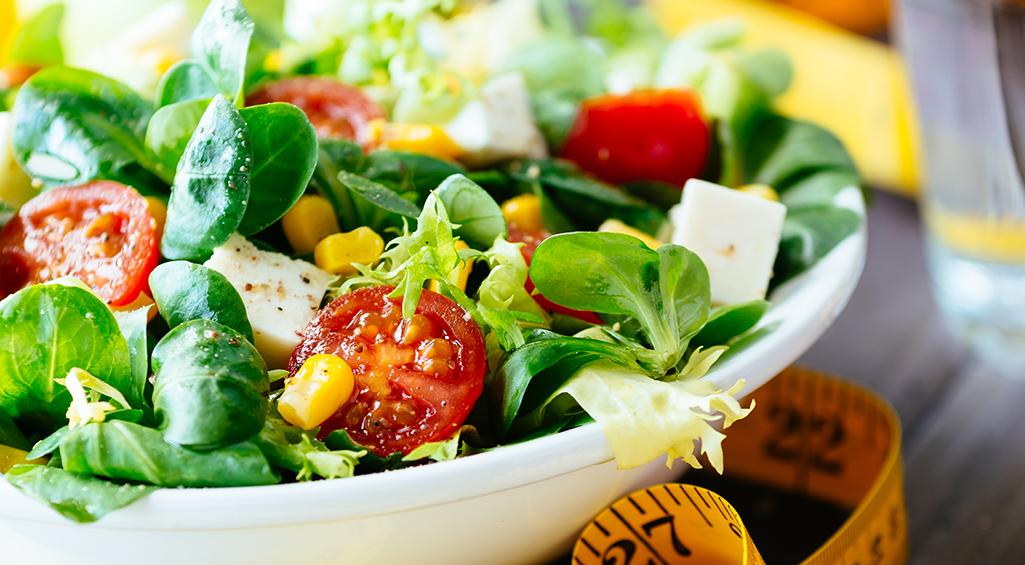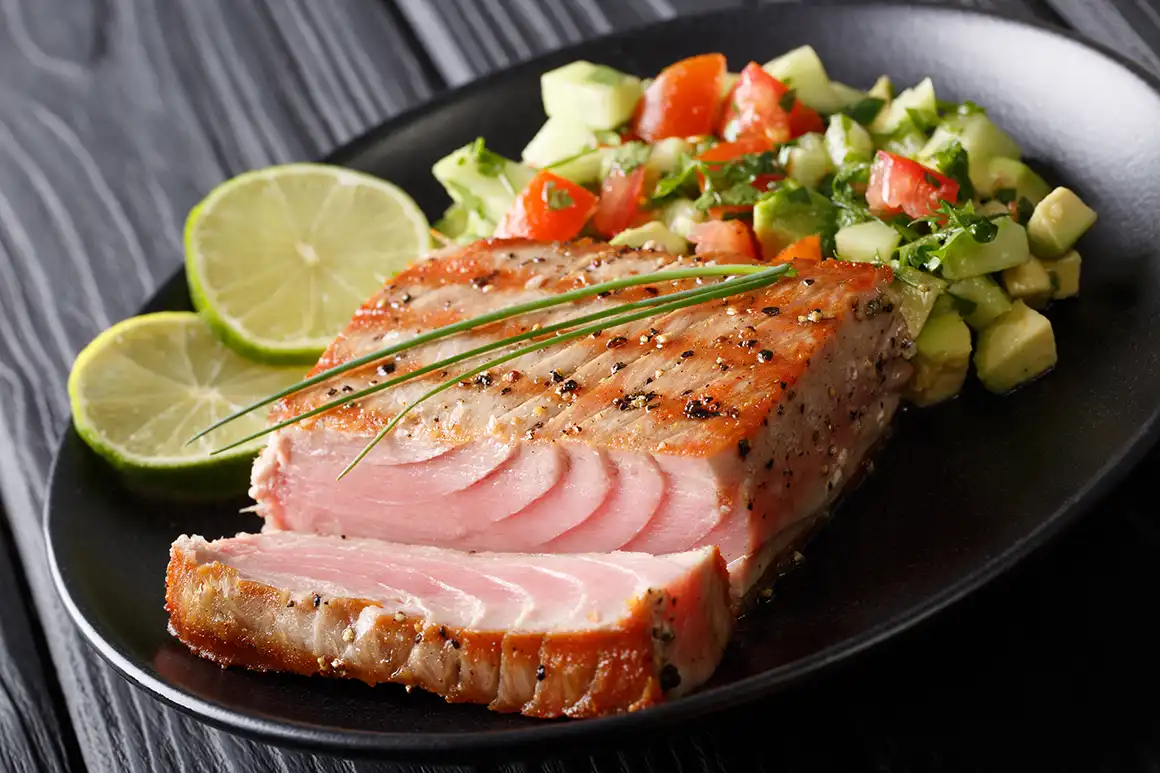
Run away from miracle diets to lose weight
“Miracle diets” decrease the possibility of getting all the necessary nutrients and increase the probability of suffering from mineral and vitamin deficiencies.
Dissociated, with pills, protein or Paleolithic. What diet is the most effective? In reality, nutrition experts shy away from this type of nutritional methods, which has become more popular in recent years. Now, also coinciding with the summer, many people tend to resort to so-called miracle diets, which are designed to help them lose that extra weight very quickly.
However, the Spanish Nutrition Foundation (FEN) warns that these diets can constitute, in most cases, “not only fraud but also a serious danger to health”.
For the FEN, these proposals “lack scientific basis and exaggerate properties and effects that are neither evident nor proven”. The foundation classifies these magical diets under various labels: unbalanced hypocaloric; that is, they contain a very low energy content and whose nutritional distribution is unbalanced; dissociative menus, which allow you to eat everything, but not during the same meal, and exclusionary or psychological diets. Also, there are liquid diets or monodiets.
They all have in common that they can endanger the patient’s health. In this sense, the American Dietetic Association and the Spanish Association of Dietitians-Nutritionists summarize some of the characteristics of “miracle” diets or fraudulent methods to lose weight. All have in common the unreal promise of quick and magical results, but also the prohibition of food and the suggestion to consume complementary and dietary products to which extraordinary properties are attributed.
Therefore, dietitians and nutritionists are in favor of complete, non-exclusive, and highly varied diets, and highlight the Mediterranean diet or the Harvard dish as great suggestions for following a healthy diet.
Three "miracle diets" in detail

Paleo diet
1 of 3
The Paleolithic diet, better known as the paleo diet, is a dietary pattern inspired by the consumption of wild foods and meat that were consumed in the Paleolithic era. The most modern version also includes fruits, vegetables, lean meats, fish, eggs, nuts and seeds. The recommendations vary according to the sources, but, in general, the consumption of grains, legumes, dairy products, processed products, sugar or salt is discouraged.
Some research has determined that this diet lowers the risk of heart disease by avoiding processed foods and eating plenty of fruits and vegetables; but there is no scientific basis that fully recommends it. It generates concerns, due to the lack of whole grains and legumes, which are good sources of fiber, vitamins, proteins and other nutrients. This diet also overlooks the fact that the population has evolved socially, and above all genetically, and pursuing the ideal of eating as in the past may not be optimal for current health.

Atkins diet
2 of 3
This is a ketogenic diet that consists of reducing, as much as possible, the consumption of carbohydrates such as cereals, starch, milk and its derivatives, sugar, etc. On the other hand, no limitation is established on the consumption of proteins. Also, it requires that some amount of protein should be included in all the meals that are made daily.
In addition to this eating plan, you should do as much physical exercise as possible. According to Atkins, the fat-based diet stimulates the secretion of acetone, suppressing the feeling of hunger and causing weight loss. If this diet is analyzed medically, according to the Spanish Nutrition Foundation, it has a very low nutrient density and is very poor in fiber.

Dunkan diet
3 of 3
Devised by the French Pierre Dukan, this diet is based on a diet based on proteins and vegetables. It is a hyperproteic diet in which the consumption of carbohydrates is eliminated for a while so that the body enters ketosis. The idea, basically to lose weight, is for the body to get energy from its fat reserves.
Despite its success in the media, health experts advise against it since it is very restrictive in terms of caloric intake and, generally, has a very significant yo-yo effect. In addition, nutritionists consider that this method can cause protein malnutrition, vitamin deficiency and that it can favor the appearance of Eating Disorders. In fact, the French National Order of Physicians denounced Pierre Dukan in 2012 for putting his commercial interests before those of his profession.



